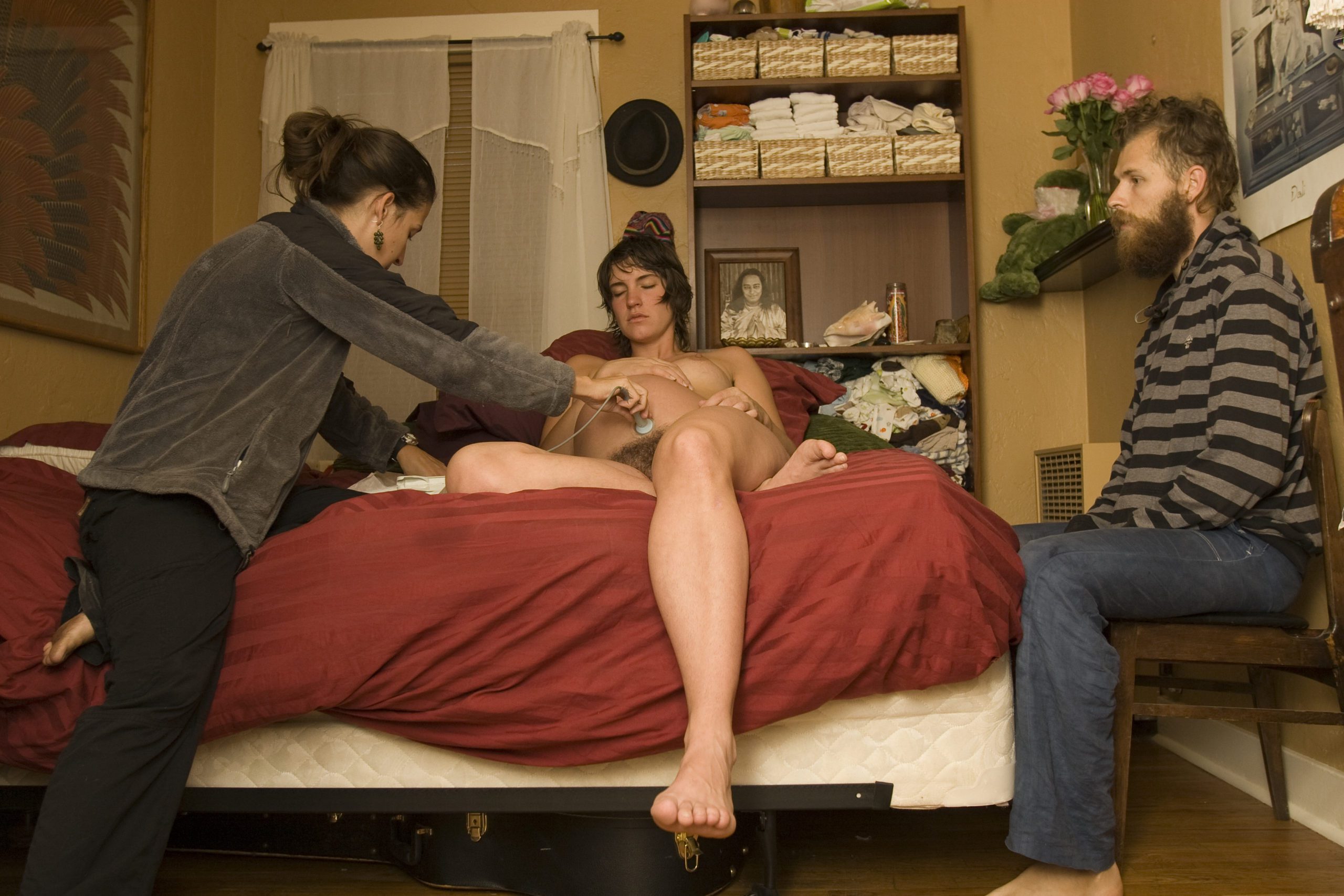I feel like this is a topic I revisit often in my own life, but hope that this will be of benefit to other birth attendants and families trying to understand the cost and value of their services.
I’ll use my own package as an example of what is offered, and why care costs what it does.
Let’s start with a basic time breakdown, or how many hours go into each client on average.
● Initial Interview/Consultation – 1 hour
● Paperwork/Prep before appointments – 2 hours
● Prenatal Appointments – an average of 10 in home appointments that last 1.5-2 hours each – we’ll call it 17 hours. Last minute clients often suggest that we can lower the price since they didn’t have this part of care, but the truth is that we still have to make up for as much “getting to know each other” time and education as possible, and also that this lack of relationship and trust makes taking someone on at the last minute feel that much less comfortable on my end.
● Contact via phone/text/email between appointments – 1/2 an hour a week on average. Some much more, and not many less. If someone starts care at 16 weeks this works out to about 10 hours if I’m being conservative.
● Being on-call from 36 to 43+ weeks. This means not leaving the area. Not scheduling many appointments or always knowing someone’s cancellation policy. Having childcare on call. Having all birth supplies packed and ready, and the gas tank full, and of course lots of snacks handy. Not drinking alcohol, or staying up late. Sleeping with your phone on. Being super responsible and working hard to stay in peak health. Missing holidays or having to warn that you may miss them. I almost missed a trip where my daughter was going to get to meet her great grandmother for the first and possibly only time. I love what I do, but this part of the job is definitely stressful. There is no amount of hours to count this as, but wanted to include it since it is part of the deal. Also, many professions have an on call stipend I have learned, somewhere in the neighborhood of $30-50 a day, regardless of if they get called or not, and these are professions where they only do on call days occasionally, rather than for weeks, months, and perhaps years on end.
● Around the clock Labor and Birth support once labor has begun – This usually means texts and phone calls at first (lets say 1/2 an hour worth) and then we are at the house for anywhere between 5 minutes – 36 hours before the birth. For the sake of this discussion lets say the most common and expected amount of time from arrival to birth is about 6 hours, though this is the most variable element for sure, and this unknown aspect adds a lot too the “cost” in my opinion – lets call it the mystery cost. Someone who offers almost any other service knows ahead of time when they will be needed, and can schedule and prepare accordingly. Other people who offer on call or walk in services are not usually doing things that are as time sensitive, offer short sessions, and can be fairly specific about their availability still within the scope of the day the service is needed. If someone called you and said you needed to leave your house right now for 2 days and that you would have to possibly find your own place to sleep somewhere tucked in a corner and you would be awake for most of those two days, and would also need to figure out your own food, and you needed to find someone else to watch your kids, what would it take for you to be able to do that?
● Immediate postpartum support – 4 hours. We rarely leave earlier than 4 hours postpartum
● Postpartum visits – an average of 6, lasting 1.5 to 2 hours each. Lets say 10 hours
● Postpartum contact outside of visits – varies widely, but an average of 1 hour
● Research and peer consultation – almost all clients have something come up that I have to gather additional resources, do extra research, or consult with other home birth attendants about. Again this varies widely, but lets say 3 hours, not counting the many hours I often think about clients and what is going on with them while I lay in bed awake at night, or while I’m supposed to be doing other things at home!
● Oh and all clients get to attend the How to Have an Indie Birth Course in person or online. In person, that would be another 15 hours.
With these approximations, we’re looking at about 54 hours (or a range of perhaps 30 to 90+ hours per client), not including travel time which can be quite significant, or the course since some people take it online. Doing less of all of this is often proposed by people who want a break in the cost, but the reality usually is that we end up doing the same amount of work since it is so important and really can’t be reduced if we want to maintain the quality of the work, and the trust level of the relationships.
Costs
● Travel (gas, car maintenance) – 15 or more trips, and many clients live far away (often 1-2 hours).
Conservatively this would be about $45 for gas and car mileage for the very closest client in recent memory, and more like $150 for the farthest (even taking into consideration that we usually do less visits at their home or in person)
● Printing expenses – $5
● All past education expenses that went into where I am now, and continuing education (books, workshops, certifications, online courses, conferences) – $300 a year, so lets be nice and say $30 a client
● Taxes (13.5%)
● Fees for using paypal/square/running credit cards (3%)
● Food while out at a labor ($25 since I always bring a ton)
● Childcare or lost income if my partner stays home with my daughter ($10-15 an hour unless I can leave baby with my husband) – I’ll leave this cost out of the final tally since it gets complicated
● Birth supplies – sterile materials, gloves, gauze, cord clamps, doppler gel, herbs and essential oils, etc ($25)
● Equipment – initial costs of getting all needed gear, and costs of replacing (doppler, fetoscopes, birth pool supplies, birth stool, etc, etc, etc) – gear is expensive, but luckily doesn’t need to be replaced super often. Let’s say $25 a client
● Paying an assistant or apprentice to also be on call and attend the birth. Highly variable depending on experience and circumstances but about $400.
Conservatively this works out to be $555 (what a nice number!) not including child care, taxes, or credit card fees. I also didn’t include website fees, advertising, business cards, etc.
Other considerations:
● Legal risk – either due to state licensing or the possibility of being sued
● Emotional toll – this is very intense, personal work. We (almost) never show up at the birth of a stranger. We care deeply about the people we work with, and this adds a layer of complexity to our work.
● What do we pay other people that we value and are important in our lives? What do we pay chiropractors, acupuncturists, wedding photographers, caterers, massage therapists?
Breakdown per hour when we subtract the $555 and assume we are at the labor for 6 hours prior to the birth (10 hours total), and do not include taxes, credit card fees, child care, travel time, childbirth education class time or a fee for being on call 24/7 for 6-7 weeks. A fee of $1500 = $17.50/hour (less than my husband makes at a coffeeshop and what most doulas are asking, with a fraction of the time, training or responsibility – and they definitely deserve it!)
$2000 = $26.75/hour
$2500 = $36/hour
$3000 = $45.25/hour
$3500 = $54.50/hour
The other way to look at this is as a yearly income. I would be uncomfortable taking more than 2-3 clients a month since it would impact the quality of care and attention I would be able to give. After costs (but not credit card fees, childcare or travel time), 3 clients a month at $3000 is about $75,000 a year after taxes or 2 clients a month would be about $50,000 after taxes which would be an INCREDIBLE income for my family and would make it so my husband could stay home with our kid(s) and be my on call child care. I still have a lot of work to do around feeling like I don’t deserve to make a good living so even writing this out makes me feel like “well, maybe it would be fine to make $17.50 an hour (except then my husband wouldn’t be able to stay home, and I’d have to pay someone $10+/hour for childcare). I know how valuable the care of a home birth attendant was for me in my pregnancy and birth though, and now being on the other side of it I can really see how much blood, sweat and tears go into doing this work. But even half of that amount would be a blessing to my family and radically change our lifestyle, so I won’t pretend that a (successful) midwife or homebirth attendant would be a struggling martyr (though many are since they are constantly talked down on their prices, are taking on too many clients, and never are able to take a break). This isn’t a “look how badly paid midwives are” post. This is a THIS is why midwives/home birth attendants should be paid the amount they ask for since much thought has gone into the cost, and they are generally not asking for an exorbitant income, either per hour or yearly when you consider the nature of the work that they do.
***Edited to add that now that I have more fully set up my midwifery business, this is all very low balled! I don’t want to redo the math, but keep that in mind. There are many more expenses, and even more time put in. I am so grateful to the families who have seen the worth of my care and I have started having an easier time accepting my full fee without feeling weird about it, partially thanks to the creation of this post!





Yay! Margo! So glad you are feeling worthy of your fee and thank you for breaking this down for others to see. Most midwives fees are less than most people’s insurance deductibles…insurance that then pays 10s of thousands of dollars for in hospital births, yet no one seems to flinch about that! Just saying’….